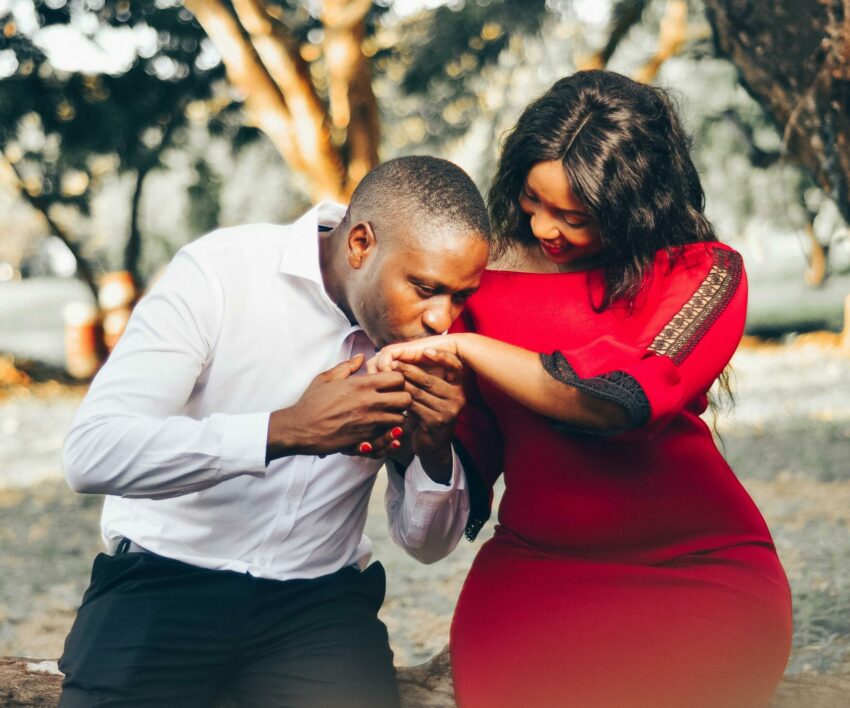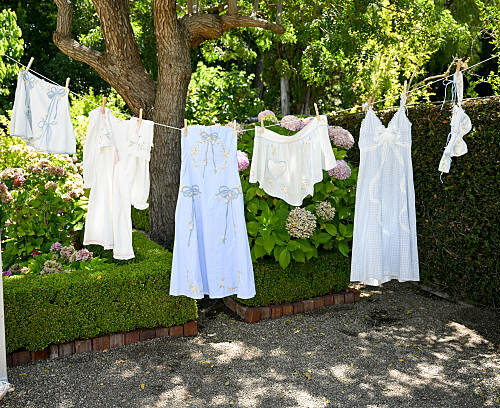
Recognising a relationship’s strengths and potential areas for development is essential to navigating its complexity.
Experts say you can get a better idea of the strengths and developments of your relationship by evaluating the following factors:
Gary W. Lewandowski Jr., the author of Stronger Than You Think: The 10 Blind Spots That Undermine Your Relationship, and How to See Past Them states that pretending that there are no problems in your relationship is another lesson to be learned from this.
Rather, when you recognise how well your relationship is currently functioning, it will be much simpler to address those issues. Relationships are challenging enough without adding to their difficulties, he adds.
Here is a guide to help you assess the strength of the bond with your partner:
Being yourself
According to the author mentioned above, instead of attempting to change each other, you and your spouse should embrace one another for who you are without the fear of judgement. You can just be who you truly are and show it.
Feeling comfortable and close
Gary also believes that it’s not always simple to become close to someone. However, you have to overcome that in your relationship and feel very at ease with each other’s emotional intimacy, dependence, and sharing of sentiments. It is also stated that, though being vulnerable can be difficult at times, you have come to trust your partner and discover that being vulnerable makes you both closer to one another.
You feel like a team
The above-mentioned author states that words hold power and suggests that you often use terms like “we,” “us,” and “our” when you speak. Making use of “we” in your communication demonstrates a strong sense of shared identity or cognitive closeness.
Linda and Charlie Bloom, the authors of Secrets of Great Marriages: Real Truths from Real Couples About Lasting Love, on the other hand, warn against checking all the appropriate boxes in a relationship when determining whether someone may make a good life partner, because it is not more important than “how you’re engaging with each other and whether your relationship leaves you feeling satisfied.”
Also see: This is why healthy fights are important in relationships




